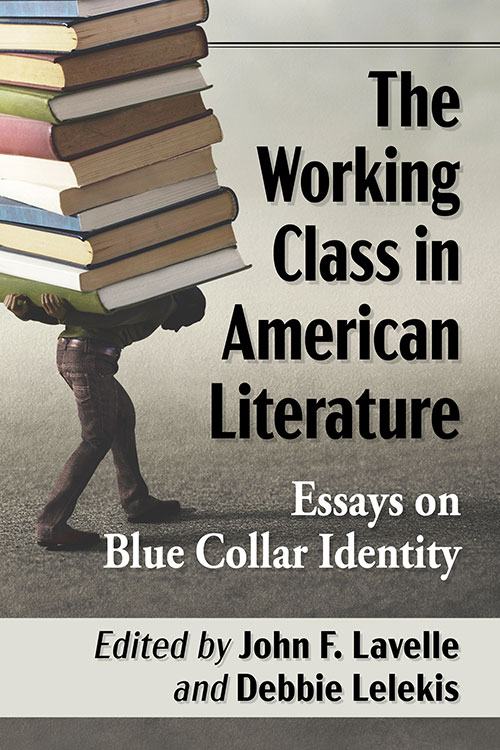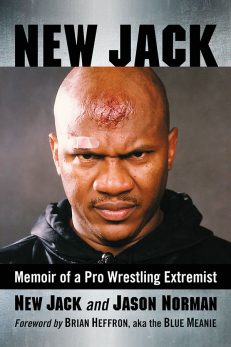The Working Class in American Literature
Essays on Blue Collar Identity
$45.00
In stock
About the Book
Literary texts are artifacts of their time and ideologies. This book collection explores the working class in American literature from the colonial to the contemporary period through a critical lens which addresses the real problems of approaching class through economics. Significantly, this book moves the analysis of working-class literature away from the Marxist focus on the relationship between class and the means of production and applies an innovative concept of class based on the sociological studies of humans and society first championed by Max Weber. Of primary concern is the construction of class separation through the concept of in-grouping/out grouping. This book builds upon the theories established in John F. Lavelle’s Blue Collar, Theoretically: A Post-Marxist Approach to Working Class Literature (McFarland, 2011) and puts them into practice by examining a diverse set of texts that reveal the complexity of class relations in American society.
About the Author(s)
Bibliographic Details
Edited by John F. Lavelle and Debbie Lelekis
Format: softcover (6 x 9)
Pages: 220
Bibliographic Info: notes, bibliography, index
Copyright Date: 2021
pISBN: 978-1-4766-7306-6
eISBN: 978-1-4766-4383-0
Imprint: McFarland
Table of Contents
Preface
John F. Lavelle 1
Introduction
John F. Lavelle 3
The “giddy hows-wife” Revealed: Classifying Humor in Sarah Kemble Knight’s The Journal of Madame Knight
Teresa M. Coronado 13
Twain’s Antithetical Discourses in Adventures of Huckleberry Finn and The Adventures of Tom Sawyer
John F. Lavelle 28
Violence, Labor and Collective Action in William Dean Howells’ A Hazard of New Fortunes
Debbie Lelekis 47
Writing the Spectacle of the Human Zoo: Literary Slumming and the Animalized Other in Maggie, A Girl of the Streets
Kailey Havelock 63
Social Radicalism in Sherwood Anderson’s Winesburg, Ohio
Deborah Giggle 80
Losing Control: Contrasting Identity Constructs in Jean Toomer’s Cane
Charlene Taylor Evans 100
“One had to have castes”: Class, Culture and Ideology in American Tragedy
Adam Nemmers 121
The Sun Also Rises for Some: Hemingway’s Exploration of the Ideologies of Social Class in The Sun Also Rises
John F. Lavelle and Debbie Lelekis 141
Accidents of Birth: A Class Study of Faulkner’s Colonel John Satoris, Emily Grierson and Abner Snopes
Michael J. Finnegan 157
The Root and the Link: Talismans of Class-Consciousness in Douglass’ Narrative and Ellison’s Invisible Man
Mark Henderson 169
Haunted Privilege: Uncanny Estates in Flannery O’Connor and Shirley Jackson
Jason Marc Harris 182
About the Contributors 211
Index 213





